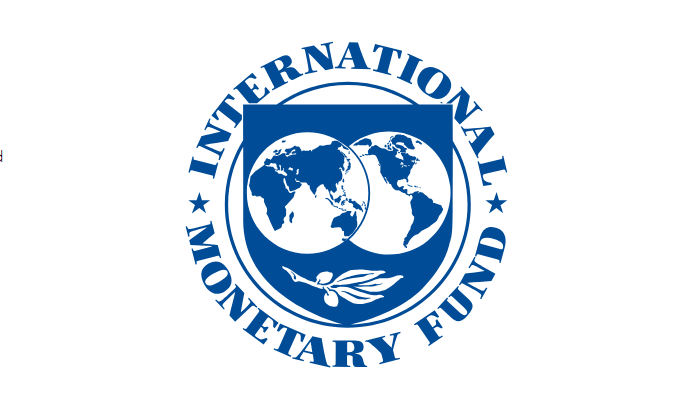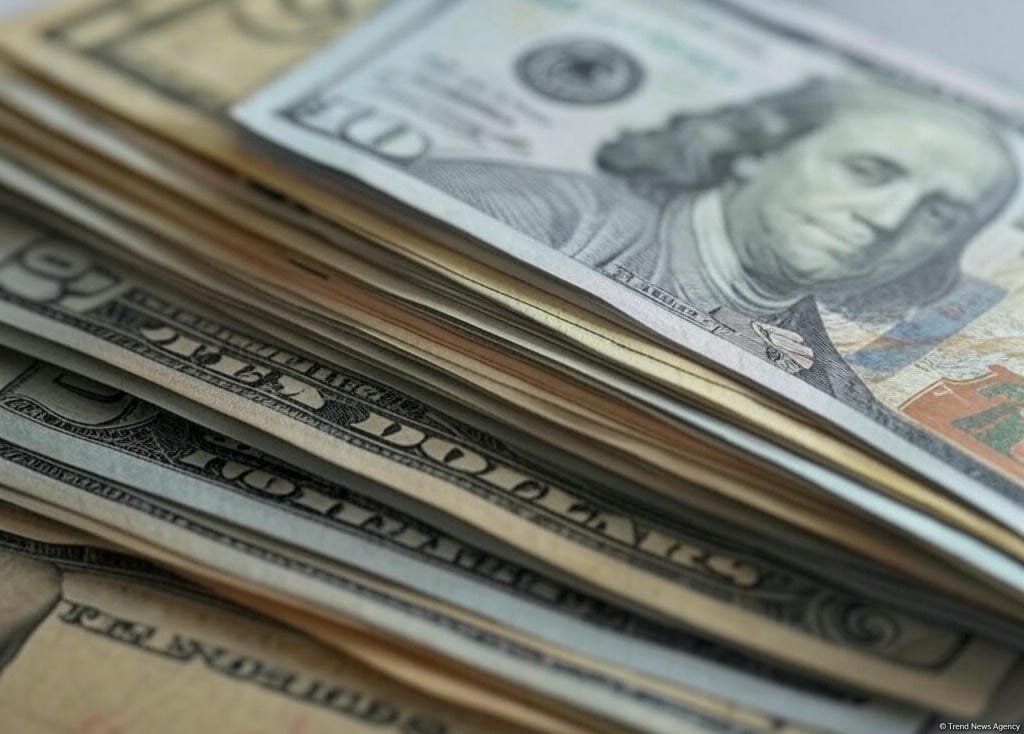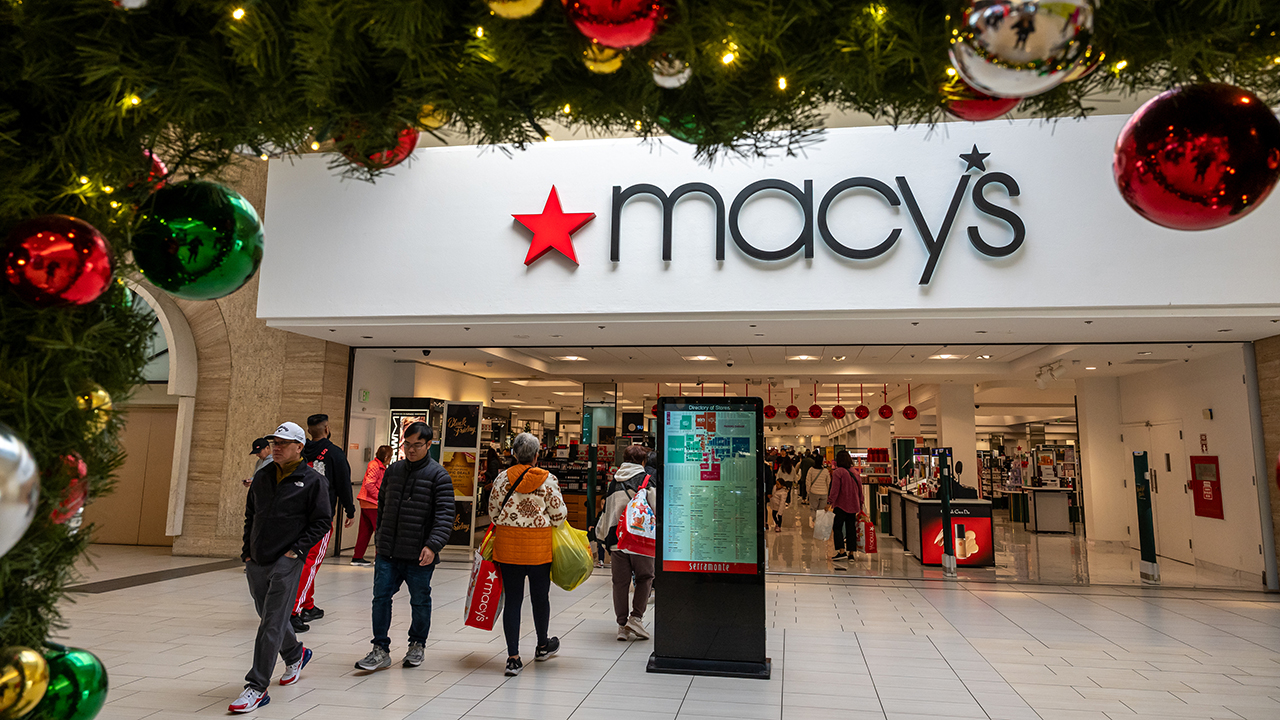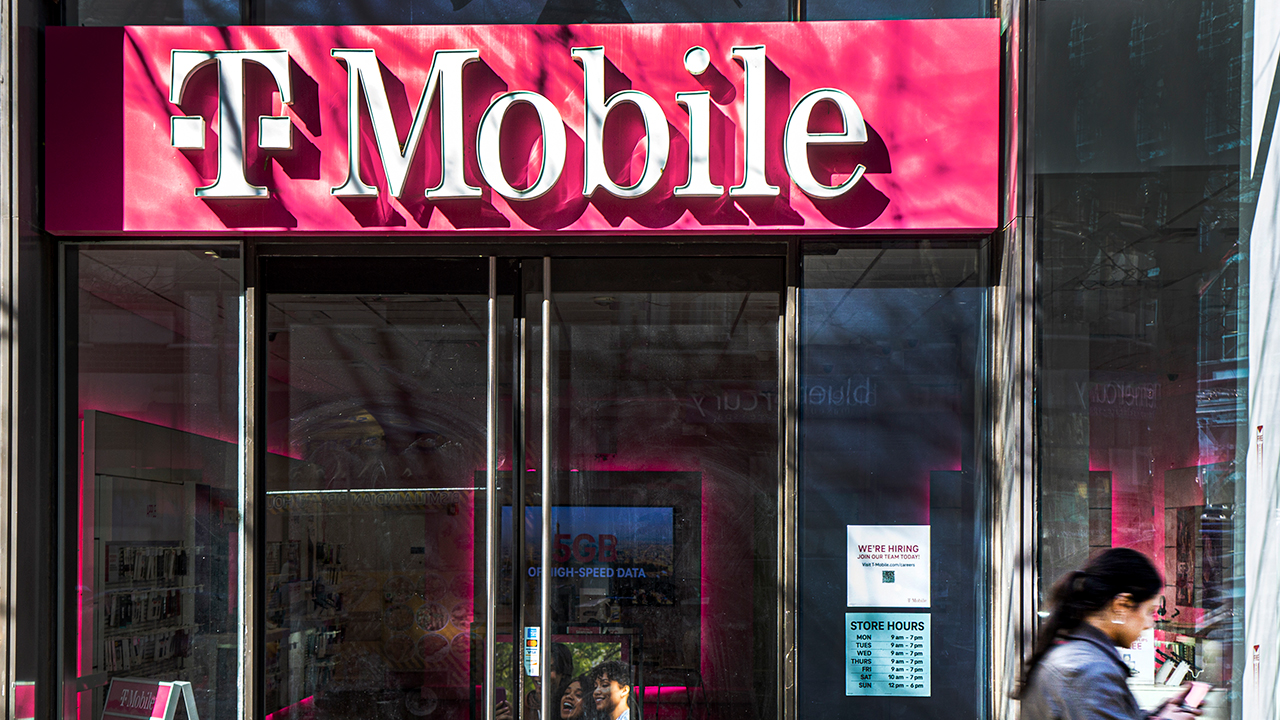How will strategic Bitcoin reserves benefit businesses?
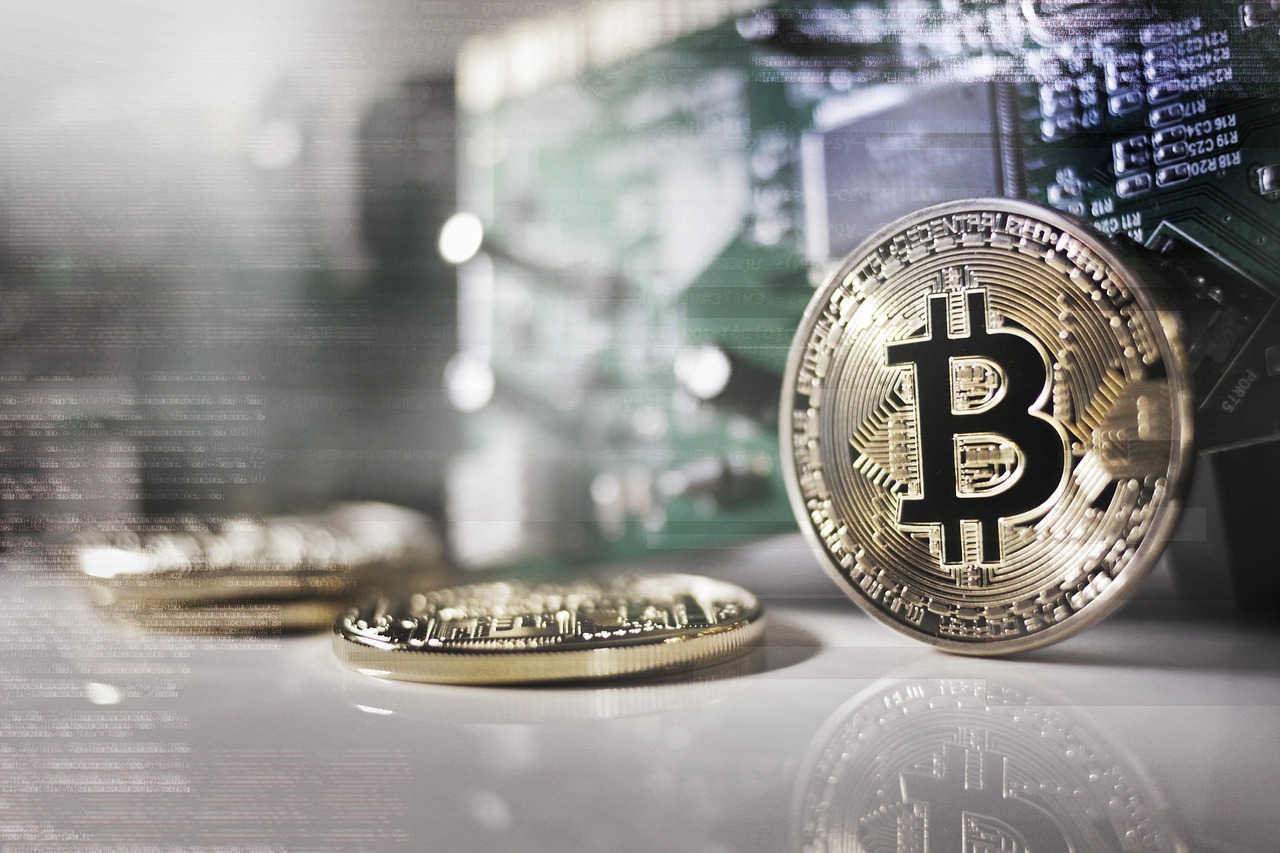
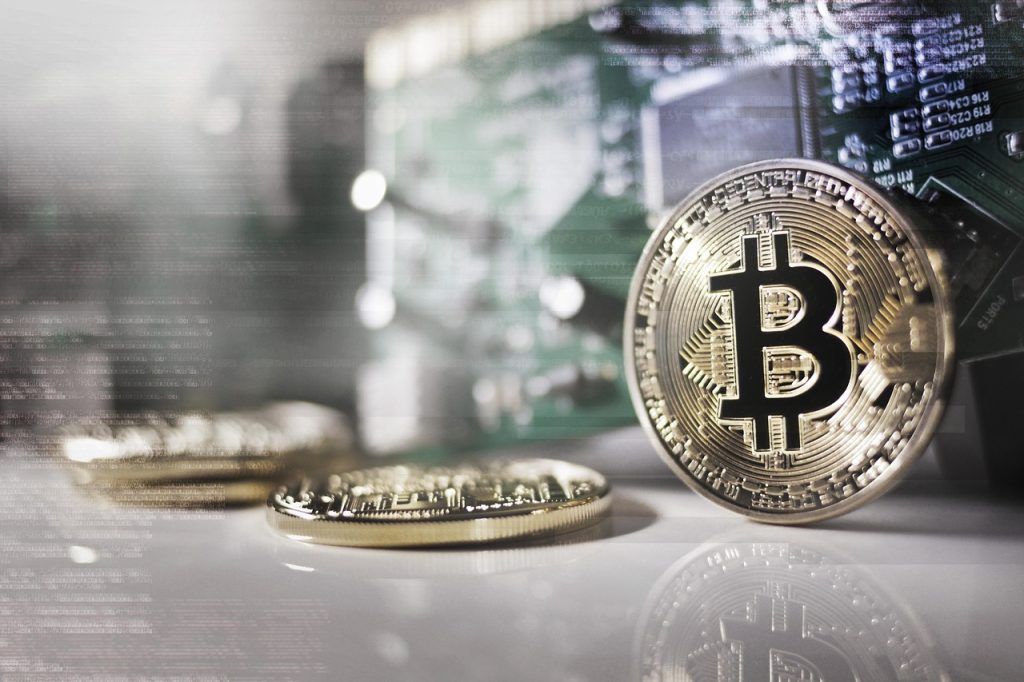
When Donald Trump, in his 2024 re-election campaign, proposed that the United States should hold a Strategic Bitcoin Reserve, it wasn’t just a catchy slogan but a signal. And when he followed through in March 2025, announcing that the U.S. reserve would include Bitcoin, Ethereum, ADA, SOL, and XRP, it set a precedent that no business can afford to ignore.
Bitcoin’s reputation has seen a lot, from misunderstood digital cash to digital gold. Now it’s becoming an institutional asset that corporations and governments alike are looking at as an investment but also as a strategic reserve. For businesses, that could bring an interesting development.
Why a strategic reserve matters for business confidence
Strategic reserves aren’t a new concept. Governments have long stockpiled gold, oil, and even grain to protect against economic shocks. The idea of the Strategic Bitcoin Reserve, while controversial, mirrors the function of the Strategic Petroleum Reserve. At the same time that Bitcoin became a new digital gold, meme coins and altcoins swirled into the excitement.
According to crypto expert Ilija Rankovic, the best meme coins to buy these days are classics like DOGE and SHIB, and the new ones like SNORT, SOLX, and BTCBULL. It’s important to have a low start when investing in something new, considering that 27% of global investments falls into meme coins, with 8 million dollars in Q1 2025.
Still, Bitcoin can be a pillar against monetary instability. When the U.S. government commits to holding BTC as a strategic reserve, it sends a strong message to both domestic and international markets: this is no longer speculative tech but monetary infrastructure.
For businesses that were till now reluctant to work with anything but cash reserves, this move could quicken the adoption of Bitcoin as a treasury asset. Just as El Salvador saw an influx of digital investment and tourism after adopting Bitcoin, U.S. companies might also find themselves in a friendlier environment for crypto-related ventures. The applications are endless–from blockchain-based logistics to payment processing solutions.
Bitcoin as an inflation hedge for businesses
One of the greatest concerns for businesses is inflation. Resign costs of materials, labor, and energy eat away at margins. Traditionally, companies so far relied on hard assets like gold or real estate to hedge against inflation. Bitcoin is a unique alternative. It’s digital, borderless, and capped at 21 million units, which means its supply can’t be manipulated.
With the U.S. government participating in this system, it gets legitimacy and predictability that businesses like. If Bitcoin appreciates the way gold did during past inflationary periods, companies that integrate BTC into their reserves or payment systems could see value appreciation rather than depreciation on their balance sheets. El Salvador, for instance, saw a 127% return on its Bitcoin holdings. As President Nayib Bukele says, the country’s Bitcoin holdings generated a profit of over 357 million U.S. dollars. If similar outcomes occur on a national scale, corporate CFOs might follow suit and allocate capital into digital reserves to preserve purchasing power.
Strengthening the digital economy and corporate innovation
A U.S. crypto reserve bolsters public finance while also cultivating an environment for corporate innovation. Blockchain infrastructure blooms in stable and trusted ecosystems. If the federal government backs BTC and its ecosystem, it lowers the barrier for businesses to invest in and experiment with crypto technologies.
Imagine what this could mean for fintech startups, global retailers, logistics firms, or even real estate developers. Companies might deploy smart contracts for automated payments, blockchain-based audits, or even customer loyalty programs using tokenized rewards. All of this becomes more feasible when the underlying currency (Bitcoin) is seen as state-approved and economically significant.
A reserve to stabilize volatility
One of the most cited reasons for businesses avoiding crypto is volatility. Bitcoin can drop 20% in a week. Yet, ironically, a strategic reserve could be the very solution to that problem. By holding a substantial share of BTC long-term, potentially through the mechanisms laid out in the 2024 BITCOIN Act, the U.S. can create a “floor” that reduces extreme price swings.
The BITCOIN Act plans to acquire up to 200,000 BTC annually for five years, totaling 1 million BTC, with a mandated 20-year minimum holding period. This structured, slow accumulation could discourage short-term speculation and create long-term stability. For businesses, that means less exposure to unpredictable currency shocks when conducting crypto-denominated transactions or accounting for crypto on their balance sheets.
Seizing the first-mover advantage in global trade
With other nations like China exploring central bank digital currencies (CBDCs), a strategic Bitcoin reserve positions the U.S. as a pioneer in decentralized finance. For American businesses, this could translate to privileged access in global digital trade ecosystems.
Imagine export companies settling international transactions in BTC at a lower cost than SWIFT wire transfers. Or a global supply chain where blockchain auditability provides real-time verification. A strategic reserve fortifies domestic markets, yes, but it also opens new avenues for international commerce.
The post How will strategic Bitcoin reserves benefit businesses? appeared first on European Business & Finance Magazine.
